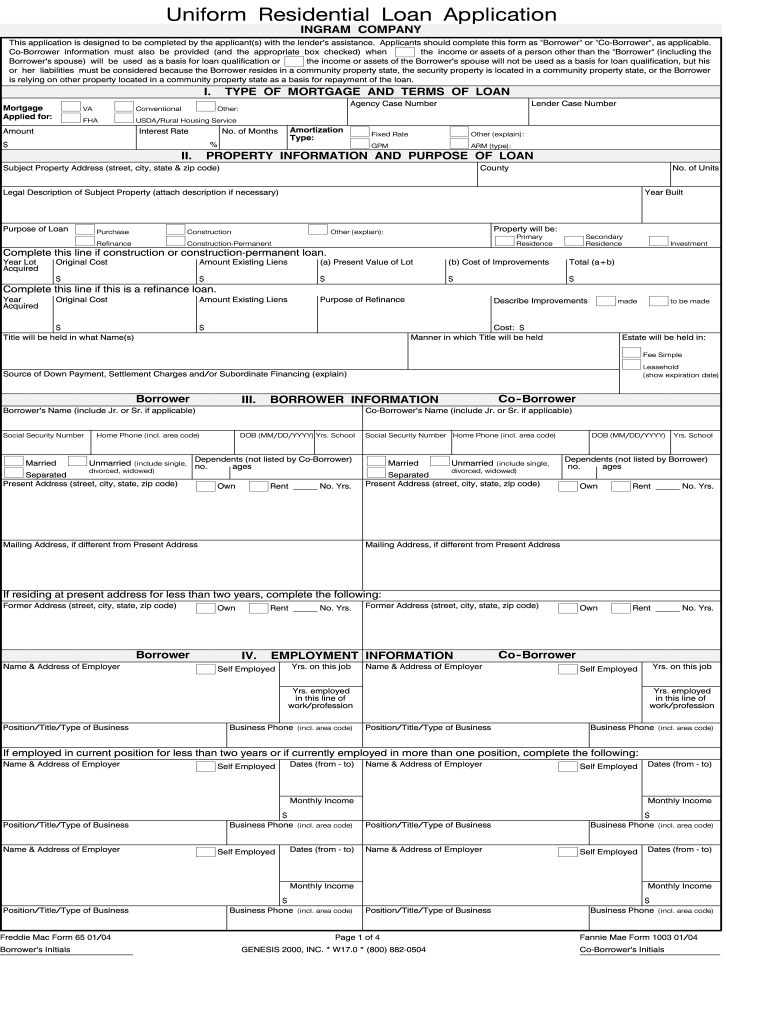New Six-Month Rule For Universal Credit: DWP's Official Statement

Table of Contents
What is the New Six-Month Rule for Universal Credit?
The new six-month rule for Universal Credit introduces stricter conditionality requirements after six months of receiving benefits. This six-month period begins from the date your initial claim is processed. After this period, claimants are subject to more stringent job search requirements and increased scrutiny of their efforts to find and maintain employment. Failure to meet these increased requirements can lead to sanctions, resulting in a reduction or complete loss of Universal Credit payments.
- What triggers the rule? The rule is triggered automatically after six months of continuous Universal Credit payments. There are no specific events or actions that initiate it, other than the passage of time.
- Key implications:
- Increased frequency of job centre appointments.
- More intensive job search requirements, including applying for a wider range of jobs.
- Stricter monitoring of job search activities.
- Increased risk of sanctions for non-compliance.
- Understanding key terms:
- Conditionality: The requirement for claimants to meet certain conditions to continue receiving benefits. This includes actively seeking employment.
- Sanctions: Penalties applied for failing to meet the conditions of Universal Credit. These can include temporary or permanent reductions in payments.
DWP's Official Statement on the Six-Month Rule Changes
The DWP's official statement on the six-month rule emphasizes the government's commitment to supporting people into work. While the exact wording may vary depending on the specific release, the core message consistently focuses on the importance of claimant engagement and proactive job searching. The DWP aims to ensure claimants are actively participating in the system and utilizing available resources to improve their employment prospects. (Unfortunately, due to the dynamic nature of government statements, we cannot provide a direct link to a specific unchanging statement here. Always refer to the official DWP website for the most up-to-date information).
- Key points from the DWP's statement (paraphrased):
- The six-month rule is designed to encourage proactive job seeking.
- Support and guidance are available to help claimants meet the requirements.
- Sanctions are a last resort, intended to encourage engagement.
- The DWP is committed to supporting claimants in finding sustainable employment.
Impact on Universal Credit Claimants
The impact of the new six-month rule on Universal Credit claimants is multifaceted. While intended to encourage employment, it may also present challenges for some.
- Potential negative impacts:
- Increased stress and anxiety for claimants already struggling financially.
- Difficulty meeting stricter job search requirements, especially for those with disabilities or caring responsibilities.
- Potential for increased hardship due to sanctions.
- Potential positive impacts (for some):
- Increased motivation and support to find employment.
- Access to additional job search resources and training.
- Improved long-term financial stability through employment.
- Impact on specific groups: Single parents and disabled claimants may face disproportionate challenges in meeting the intensified requirements, necessitating targeted support and consideration.
How to Navigate the New Six-Month Universal Credit Rule
Successfully navigating the new six-month rule requires proactive engagement and a clear understanding of your responsibilities.
- Key steps for claimants:
- Attend all job centre appointments punctually and prepared.
- Actively search for and apply for jobs, keeping records of your applications.
- Engage with available support services, including job search workshops and training programs.
- Understand your rights and responsibilities under the Universal Credit system.
- Keep detailed records of all communication with the DWP.
- Seek support: Organizations like Citizens Advice and local support groups can provide valuable guidance and assistance in navigating the complexities of the Universal Credit system and understanding your rights.
Frequently Asked Questions (FAQs) about the Six-Month Universal Credit Rule
Q: What happens if I don't meet the requirements after six months? A: You may face sanctions, resulting in a reduction of your Universal Credit payment.
Q: Can I appeal a sanction? A: Yes, you have the right to appeal a sanction. The DWP provides information on the appeals process.
Q: What support is available if I'm struggling to find work? A: Various support services are available, including job search workshops, training programs, and advice from Jobcentre Plus work coaches.
Q: Where can I find more information? A: The official DWP website is the best source for the most up-to-date information on Universal Credit rules and regulations.
Conclusion: Understanding and Adapting to the New Universal Credit Six-Month Rule
The new six-month rule for Universal Credit introduces significant changes to the benefit system. Understanding the DWP's official stance, the potential impacts, and available support is crucial for claimants. Proactive engagement, detailed record-keeping, and seeking help when needed are vital for navigating this updated system successfully. Stay informed about changes to Universal Credit and understand your rights under the new six-month rule. Visit the DWP website for further details on the Universal Credit system and available support.

Featured Posts
-
 Angels Defeat Dodgers Despite Missing Shortstops
May 08, 2025
Angels Defeat Dodgers Despite Missing Shortstops
May 08, 2025 -
 Ahsans Call To Action Tech Adoption For A Globally Competitive Made In Pakistan
May 08, 2025
Ahsans Call To Action Tech Adoption For A Globally Competitive Made In Pakistan
May 08, 2025 -
 360
May 08, 2025
360
May 08, 2025 -
 Update On Jayson Tatums Wrist Boston Celtics Head Coach Weighs In
May 08, 2025
Update On Jayson Tatums Wrist Boston Celtics Head Coach Weighs In
May 08, 2025 -
 Winning Numbers Daily Lotto Thursday April 17 2025
May 08, 2025
Winning Numbers Daily Lotto Thursday April 17 2025
May 08, 2025
Latest Posts
-
 Anchorage Witnesses Second Major Anti Trump Protest In Two Weeks
May 09, 2025
Anchorage Witnesses Second Major Anti Trump Protest In Two Weeks
May 09, 2025 -
 Anchorage Welcomes Candle Studio Alaska Airlines Lounge Korean Bbq And Eye Tooth Restaurant
May 09, 2025
Anchorage Welcomes Candle Studio Alaska Airlines Lounge Korean Bbq And Eye Tooth Restaurant
May 09, 2025 -
 Anchorage Opens New Candle Studio Alaska Airlines Lounge Korean Bbq And Eye Tooth Restaurant
May 09, 2025
Anchorage Opens New Candle Studio Alaska Airlines Lounge Korean Bbq And Eye Tooth Restaurant
May 09, 2025 -
 Reaching Nome The Challenges Faced By First Time Iditarod Mushers
May 09, 2025
Reaching Nome The Challenges Faced By First Time Iditarod Mushers
May 09, 2025 -
 Iditarod 2024 Following Seven Rookie Teams To Nome
May 09, 2025
Iditarod 2024 Following Seven Rookie Teams To Nome
May 09, 2025
